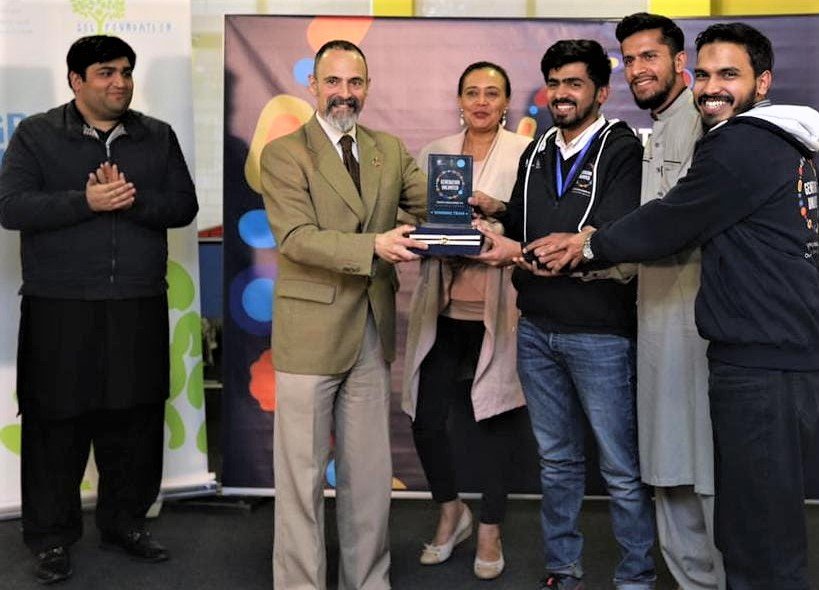The programme was launched by UNDP, Unicef in collaboration with SoLF in Pakistan
Islamabad: Two Pakistani teams have qualified for the global round of a youth innovators’ challenge.
The two companies — BioCrocks and IHorizon – have qualified for the global round of the Generation Unlimited Youth Challenge 2.0 to compete with 78 other competitive teams from around the world, said a press release here on Tuesday.
The United Nations Children’s Fund (Unicef), UNDP and the School of Leadership Foundation (SoLF), the implementing partner, have launched the imaGen Ventures Youth Challenge 2021-22 in Pakistan.

The theme for Pakistan this year is “Alleviating People and the Planet”. It aims at encouraging young innovators to design solutions by accelerating the SDGs and fighting climate change.
The programme, being implemented in more than 35 countries worldwide, calls on young innovators to design solutions to improve employment and civic engagement. It encourages youth aged 14-24 to participate in this challenge.
The objectives are to engage Pakistani youth from disadvantaged and marginalised communities to become problem-solvers in their communities. Solutions and enterprises generated at the grassroots level lead to holistic, strategic SDG fulfilment.
In Pakistan, an open call for application was live on December 10, 2021, and the deadline is February 9, 2022.
From the nominations received (11 – 15) teams, will be selected for the human-centred design Bootcamp in Islamabad. By the end of the Bootcamp, five ideas will receive seed funding of $1,000 each and mentorship for the implementation of their idea.
In November 2022, the two most promising solutions out of five from Pakistan will be a part of the global judging process. If any team qualifies for the final round of the challenge, they will receive further funding for a year, along with a tailored incubation programme and support from Generation Unlimited partners.
Last year, the challenge was conducted across Pakistan in the design of solutions surrounding knowledge and skill development. Thirty-two people participated in the Bootcamp, including 30% women.
At the end of the Bootcamp, two teams qualified for the global contest.
